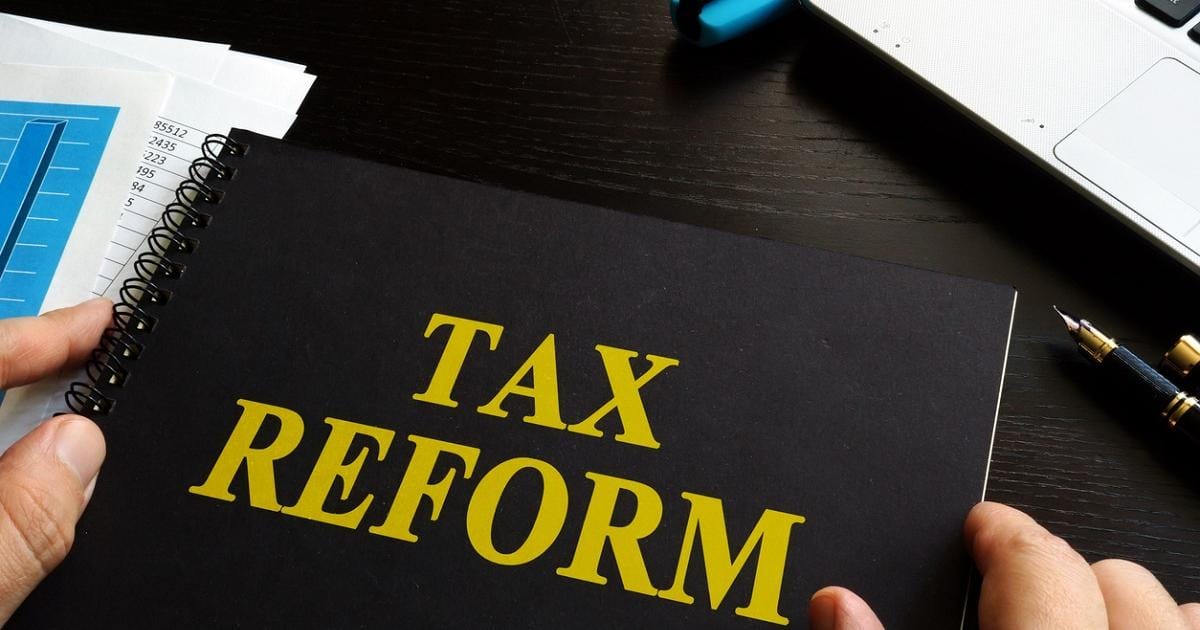Emerging Tax Reforms Across Africa
In a bid to create more robust economies, African nations have been actively revising their tax systems. These reforms aim to diversify revenue streams and reduce the dependency on volatile commodities exports, which can leave countries vulnerable to external shocks. The recent changes in tax rules across the continent reflect a concerted effort to strengthen economic resilience and promote sustainable growth.
Among the notable reforms, Burundi has introduced new taxes on hotels and financial services, while Mauritania and Cabo Verde have increased taxes on the telecom and tourism sectors, respectively. Cameroon has opted to impose higher taxes on imported luxury goods, and both Côte d’Ivoire and Rwanda have enhanced the progressive nature of their personal income tax rules. Ethiopia and Madagascar have each introduced an excise tax on telecom services.
The Gambia has seen the implementation of new taxes on used goods and services, Malawi has introduced a turnover tax for informal businesses, and Zimbabwe has raised its value-added tax rate to 15 percent. In a move towards simplification, the Democratic Republic of Congo, Kenya, and Rwanda have streamlined or reduced corporate income taxes.
Kenya has taken steps to eliminate preferential corporation tax rates for special economic zones and export processing zones, a move mirrored by Rwanda. On the other side of the spectrum, several countries have chosen to eliminate or reduce various tax exemptions. Mozambique and Senegal have cut back on value-added tax exemptions, Sierra Leone has done the same with goods and services tax exemptions, and Cameroon, Malawi, and Sierra Leone have reduced import duty exemptions.
Tanzania has made a decisive move to limit tax exemptions to less than one percent of GDP. In a similar vein, Liberia has introduced duty waivers on specific items like high-yield seeds and solar products to support farmers and rural communities.
Enhancing tax administration is also a key focus area. Digital solutions are being deployed to combat tax fraud, with Cabo Verde and Malawi establishing data-matching platforms. Burundi now mandates the use of electronic platforms for tax filing by large and medium-sized taxpayers. Mozambique has implemented measures to curb tax arrears, while the Republic of Congo is investing in the technical skills of its tax officials. Zambia has taken a significant step by abolishing the two-tier taxation system in its telecom sector.
These sweeping reforms across Africa not only aim to increase revenue but also strive to make the tax systems more efficient and equitable. As these nations continue to refine their fiscal policies, they contribute to a more stable economic landscape for their citizens and investors alike.






